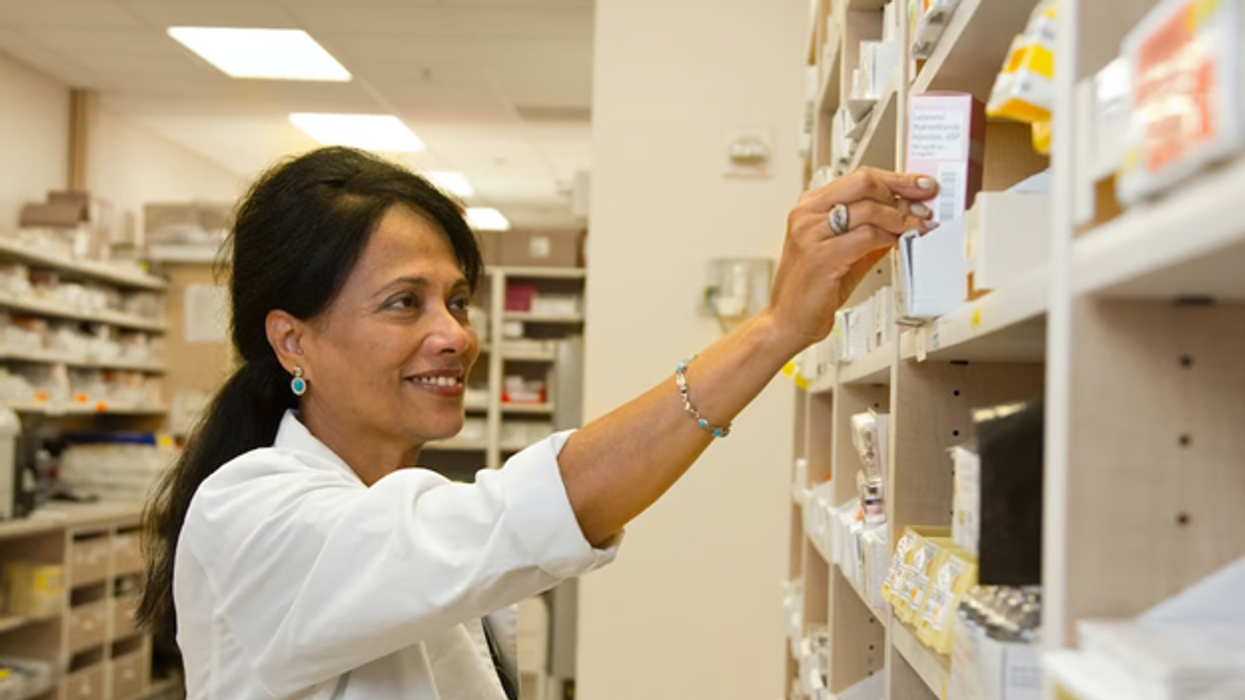The PDA recognises the similarities between the unwelcome use by the government and others of the terms ‘medical professionals’ in medicine, and ‘pharmacy professionals’ in pharmacy
A judicial review claim launched by the British Medical Association (BMA) against the General Medical Council (GMC) has parallelly intensified Pharmacists' Defence Association's (PDA) scrutiny over the use of the term 'pharmacy professionals'.
PDA has criticised the evolving definition of 'pharmacy professionals,' and the potential risks to patient safety amidst regulatory ambiguity as part of "a far wider agenda."
Concerns stem from what the PDA perceives as a blurring of distinctions between pharmacists and pharmacy technicians as "attempted homogenisation" by bodies like the General Pharmaceutical Council (GPhC), NHS, and Royal Pharmaceutical Society (RPS).
Raising similar issue as the BMA against the GMC over its use of 'medical professionals for doctors and Medical Associate Professions (MAPs), Mark Koizol, Chairman of the PDA has said:
"What we are concerned about is a much more dangerous, planned, and strategic direction which impacts upon the safety of patients."
Distinguishing between the role of a pharmacy technician and a pharmacist, the PDA has said that:
"Pharmacy technicians have either completed an NVQ level 3 course or, in most cases were simply added to the GPhC register via a grandparenting route.
"Pharmacy technicians do not participate in a final registration assessment."
Whereas, pharmacists need to graduate "from a four-year university MPharm course followed by a year of supervised foundation training" to then pass a final registration assessment to qualify as a pharmacist.
"As a result, these two pharmacy roles have very different requirements for their underpinning knowledge, competence, and the final quality assurance process before registration," the statement said.
A recurring problem
In December 2023, the GPhC publicly apologised for erroneously referring to pharmacy technicians as 'pharmacists technician'.
This incident highlighted concerns over accurate professional titles and their impact on patient safety and public protection, an issue underscored by the Professional Standards Authority (PSA) on its website.
The PDA claims that they have already written to the GPhC and recently questioned the pharmacy minister, Dame Andrea Leadsom over safety concerns due to "the blurring of the lines between pharmacists and pharmacy technicians but has not received a satisfactory response."
Moreover, when questioned about the use of pharmacy technicians by the Health Select Committee in its Inquiry into Pharmacy, the pharmacy minister gave a defensive response and did not provide "any real assurances on patient safety."
The association has also criticised pharmacists who "continue to participate in this blurring of the lines between roles are doing nothing more than colluding in the demise of their own profession".
"Other professions have already started to challenge the government through the courts and soon the time may come for pharmacists to do the same.," said Koizol.
"The PDA will watch the two existing legal challenges about the use of the phrase ‘medical professionals’ closely to consider what aspects of those cases might be used to challenge the use of the term ‘pharmacy professionals.”












